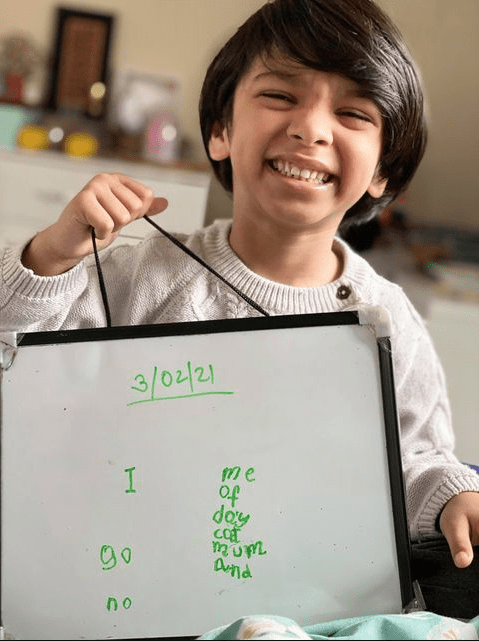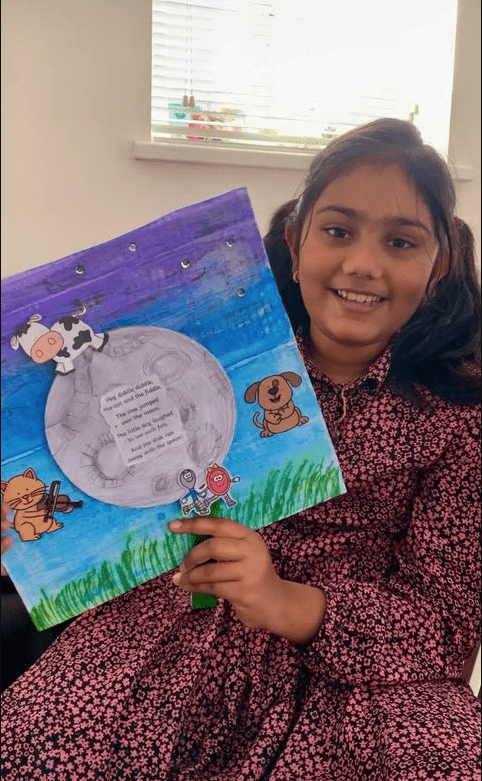Learning Through Lockdown

Despite the current challenges around the majority of our pupils learning from home, we have started the term on a high by ensuring children both at home and in school experience the same quality-first teaching and learning they would get in the classroom.
This is a result of the extensive planning and preparation we had done before the start of the year. We took the findings and insights we gained during the first period of lockdown last spring and summer, and with other Paradigm Trust schools built a robust plan of action we could apply should we need to close and engage in remote learning again.
So when, with barely twelve hours’ notice, the official notification that schools would be closed to all children (apart from vulnerable and key worker children) was received, we were able to move swiftly to remote learning with a minimum of disruption.
One of the major challenges during the first lockdown was the digital divide, with many families unable to access the online resources available due to a lack of appropriate devices and/or a reliable internet connection with sufficient data allowance. To overcome this challenge we have issued school laptops to any children who are learning from home and don’t have access to technology; so far over 450 Chromebooks have been loaned to parents/carers. Where families don’t have access to WiFi, we’ve purchased dongles and data for them. We’re also providing pupils with non-digital resources, such as glue, paint and materials for Art.

It is very important to us that all our children continue to get the support they need during this time of remote learning, so we have weekly personal, social, emotional, health (PSHE) lessons and assemblies for the whole school and individual classes. We make daily and weekly calls to vulnerable families, and our learning mentors continue to have their daily sessions with pupils, supporting them with their progress.
Our SEN provision is individualised to the needs of our pupils and we are running interventions virtually wherever possible. We ensure learning is differentiated to suit each child, and have support staff in the lessons to provide additional help for the pupils. We are also offering hard copy packs of the learning and practical resources to support the online curriculum.
Lockdown is a challenge, but one we are meeting head-on. It is an opportunity to adapt and improve our teaching and learning, both in the classroom and remotely online. As we would do in normal circumstances we are seeking the most effective ways to teach, testing different innovations and then sharing those that have been proven to be effective with the rest of the school and the entire Trust. It is our goal to always deliver an effective, challenging and interesting remote learning experience for our pupils, so they can all achieve their best.

